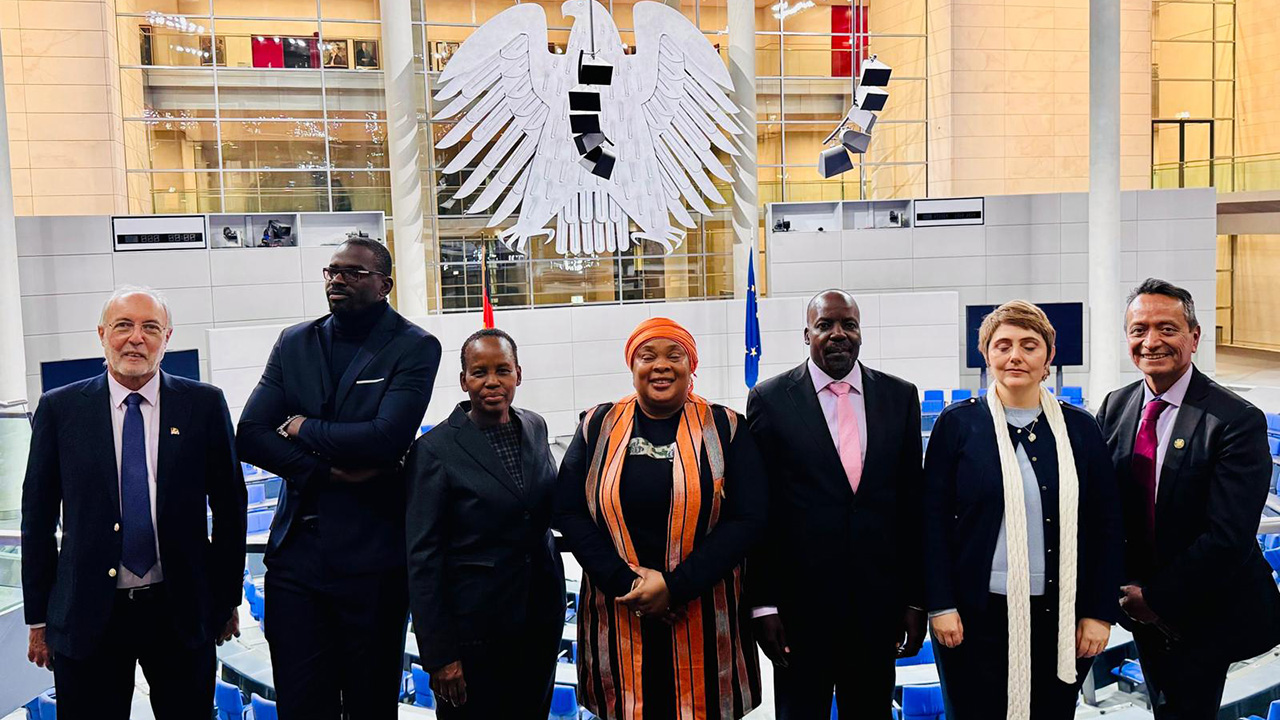
On January 23, 2019, Angola’s Parliament adopted a new penal code, removing the “vices against nature” provision inherited from the time of Portugal’s colonization, which was considered a ban on private same-sex sexual relations between consenting adults. Angola thus becomes the latest country to advance the fundamental human rights principles of equality and non-discrimination by decriminalizing homosexuality.
While 69 countries around the world still infringe on the rights of lesbian, gay, bisexual, trans and intersex (LGBTI) people by criminalizing same-sex conduct, progress on this front has been significant. In recent years, countries that have struck down anti-homosexuality laws include Lesotho and São Tomé and Príncipe (2012), Palau (2014), Mozambique (2015), Belize, Nauru and Seychelles (2016) and, last year, India and Trinidad and Tobago.
Angola’s historic decriminalization of homosexuality is not the only good news from the country: the government of Angola has also prohibited discrimination against people on the basis of sexual orientation. From now on, anyone refusing to employ or provide services to individuals based on their sexual orientation may face up to two years in prison.
PGA member Hon. Kilamba Kiuyima Van-Dúnem, Member of Parliament from Angola, stated:
The archaic criminalization of same-sex conduct was discriminatory in nature and contravened the inherent dignity and right to privacy of LGBTI people in Angola, contributing to stigma and ill-treatment against this community. I applaud the decision of Angola’s Parliament to modernize our penal code by removing this harmful relic from our books. This is an important step towards equality and inclusion for all people in my country.
PGA’s SOGI Campaign seeks to mobilize parliamentarians to take action, including decriminalization and other legislative reforms, to protect and promote the rights of LGBTI people.




